Two long-time friends of mine are very intelligent published authors. I’m not sure there is much about which they would agree. That is odd, because they both consider themselves libertarians in their own unique ways. I like them both, and that has not changed during this political season. Knowing their kindly dispositions, I am confident they would like each other. Curiously, I find that I don’t agree fully with either when it comes to foreign policy.
One friend has always leaned to the left: an aspiring pacifist, who has written a few books, as well as essays for the pretentiously named Antiwar website. His biggest recent success is a polemical book endorsed by Noam Chomsky, arguing that Ukraine and NATO are at fault for provoking Russia to invade Ukraine and annex pieces of it. He reminds me of President Reagan’s phrase: the “blame America first” crowd.
The other friend has always leaned to the right: a happy religious objectivist, who has written a few books, as well as essays at The Epoch Times and his own Substack. His most recent essay was a full-throated defense of the American occupation of Afghanistan, and our attempted cultural reform there.
You might call one a paleoliberal, and the other a neoconservative. I am getting skeptical about the old-fashioned political spectra, and think that other models of political discourse are more useful. All the images below are from Wikipedia, mostly from the “Political spectrum” article. I would like to hear which one you think is the most accurate, if any.
We started to hear about a “third way” in the 1990s, which promised social liberality and fiscal conservatism. The fiscal conservatism never really came through as promised.
Ross Perot and others associated with the Reform Party were described as “radical centrists”. I am not sure what that means, but I do intend to explore what I think are the most important issues facing America heading towards our presidential election. My positions might be described as radical centrist. For that matter, so could Donald Trump’s, who is not the far-right extremist that both his supporters and his detractors believe him to be.
Returning to my two friends, I am repulsed at pacifism as virtue-signaling. I can respect an authentic religious pacifist, such as the Amish. However, there are also leftist religious movements that use pacifism as a fig-leaf to disguise blame America firstism. My leftist pacifist friend said that NATO should have been more thoughtful about Russia’s security concerns. I replied that Ukraine also has security concerns. I asked him if Ukraine has a right to exist, and who should determine its borders. He seemed offended I would ask, and declined to answer. Ironically, he has a relative who lives in Israel and is a well-known muscular nationalist there; but my friend declines to take Israel’s side in its existential crisis, despite the danger to his own relative.
My other friend’s most recent Substack expressed dismay at an apparently increasingly popular movement among Republicans towards isolationism. He admired the role the US military played in allowing Afghan girls to go to school, before Biden so ignominiously abandoned that country. I declined to criticize that essay, but I wondered how many nations America would have to occupy, and for how many decades, in order to remake the world in our image, and if that was really our job.
I think the truth is somewhere in between, and that President Trump threaded the needle almost perfectly during his term in office. Weakness invites aggression: rather, peace through strength, as Reagan practiced. The world was not completely peaceful during the Trump presidency, as his acolytes would have you believe; just recall the anti-ISIS operation (which failed to destroy ISIS completely). Anyone who has studied the 1930s should know that isolationism is catastrophic. Winston Churchill called World War 2 “the unnecessary war”, because the Nazis could have been stopped much earlier, at much lower cost.
Aggression should be deterred. This is an issue in the generation controlled by the China-Russia-Iran-North Korea (CRINK) axis. That is not justification for occupying foreign countries without limit into the indefinite future. I respect other societies’ rights to choose ways of life I find repulsive, as long as they don’t invade anyone else. Afghans will need to make their own decisions about the importance of educating girls. That is not the business of the American military.
I support the forceful defense of Israel, Taiwan, and Ukraine - and, it should go without saying, America’s borders and Europe’s borders. We must address that in a future column.





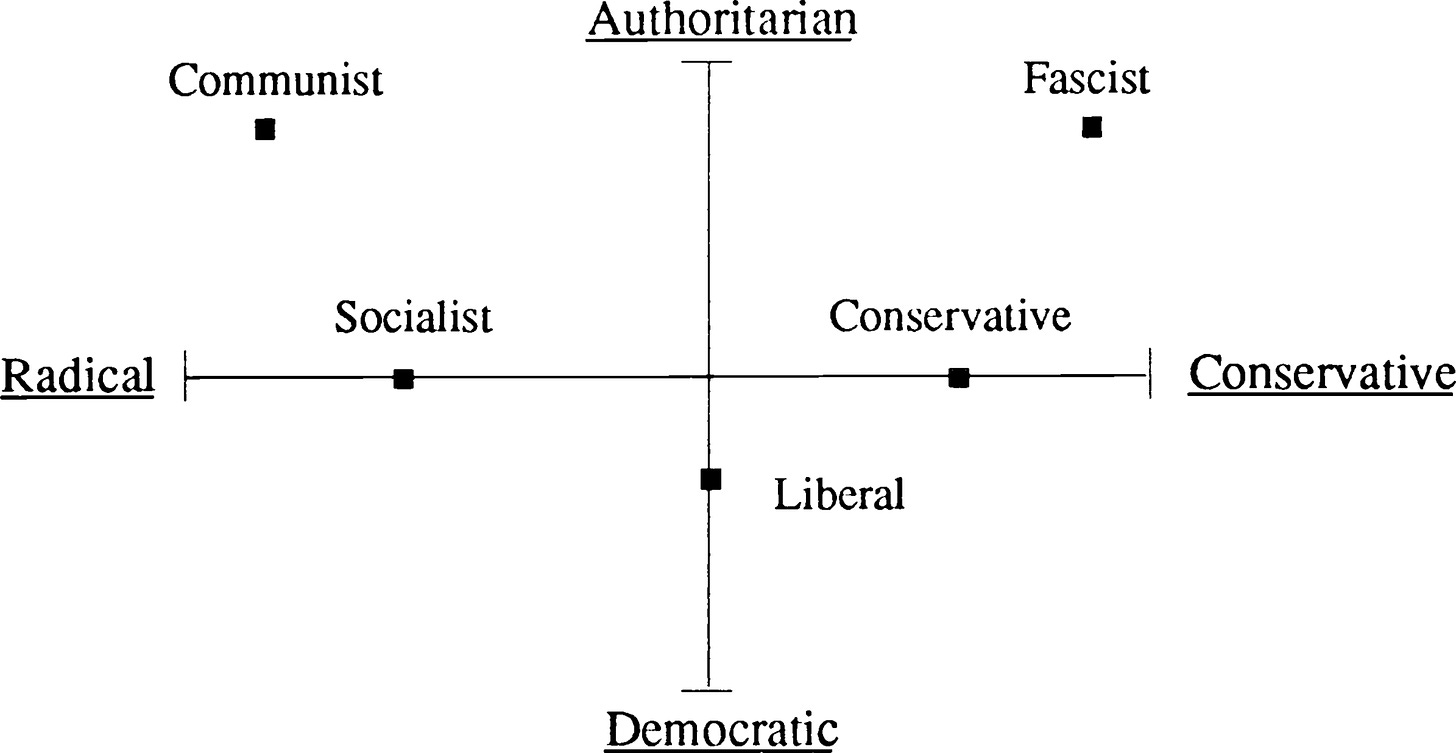
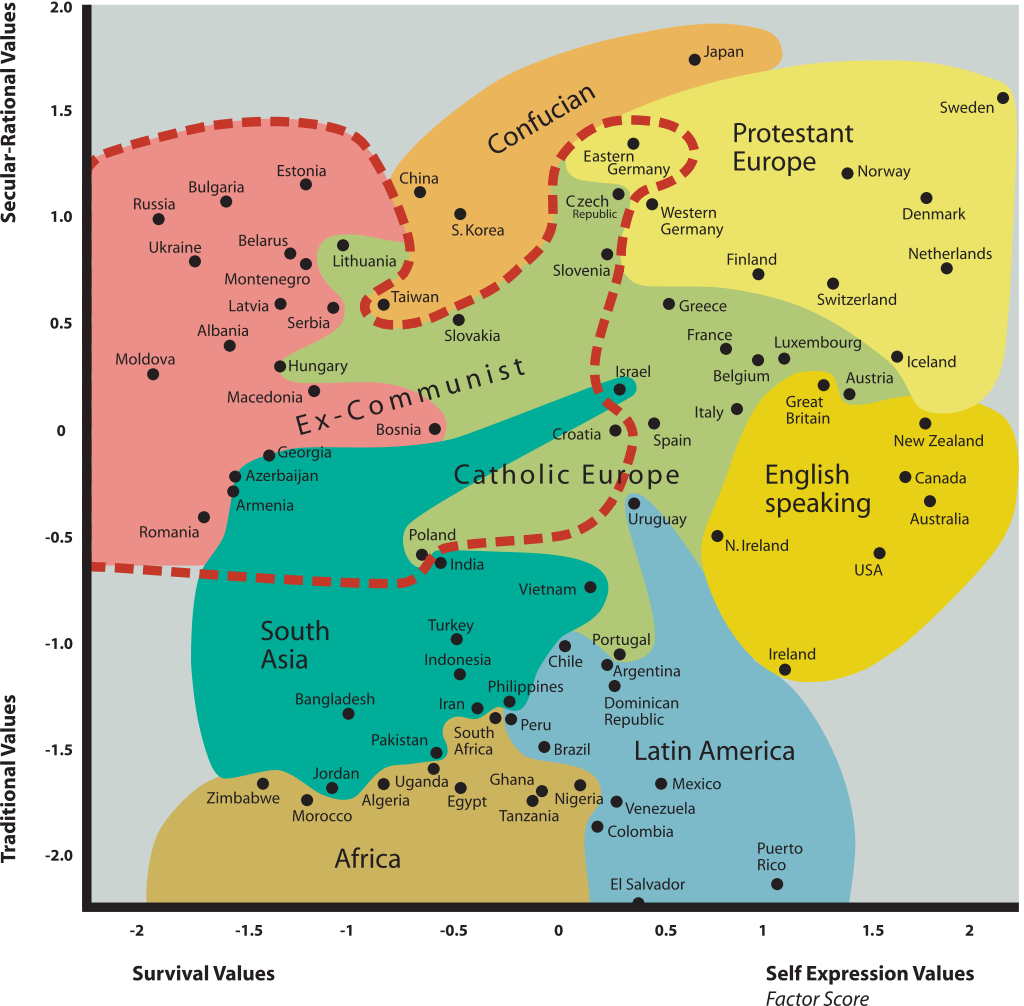
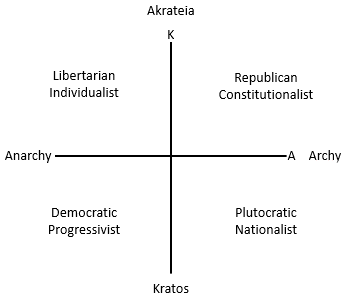


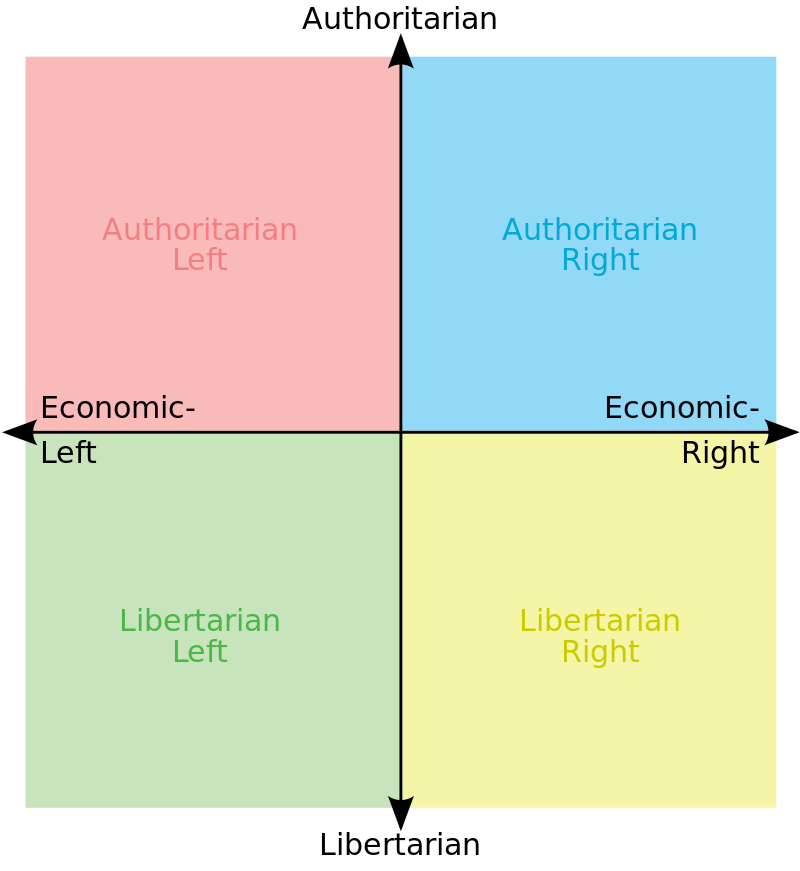
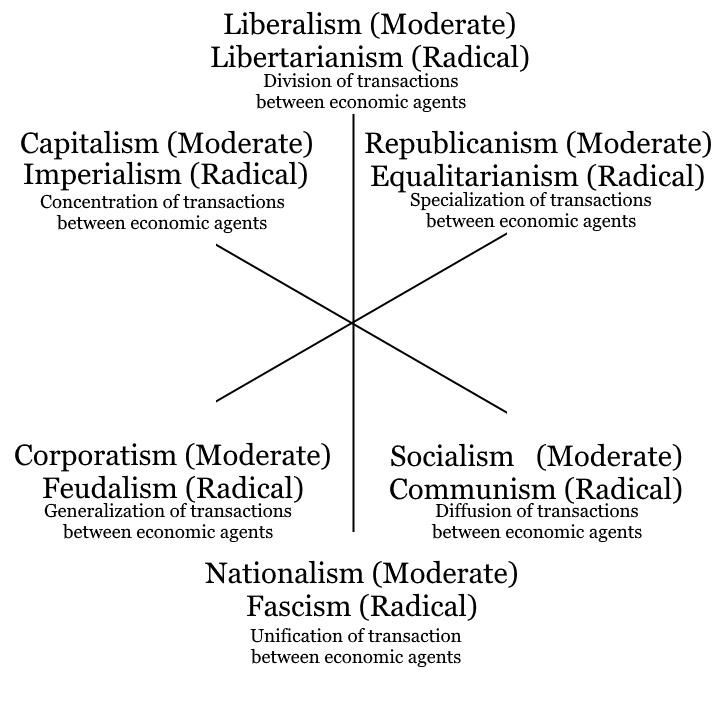
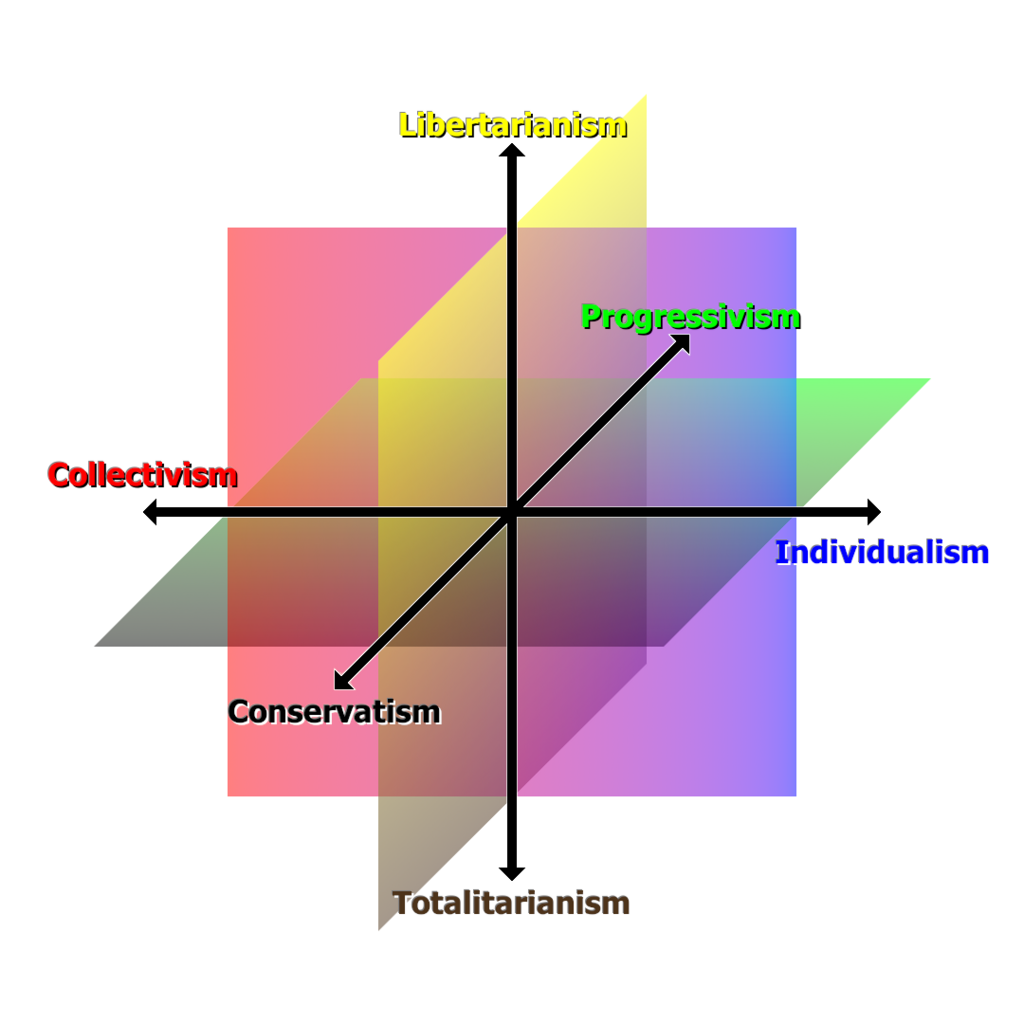
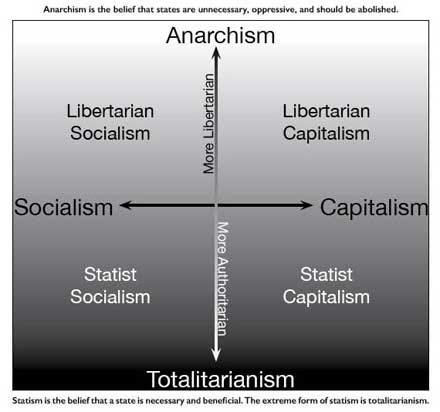

I like the article. I think I might know one of your friends!
I forgot the last verse:
It's freedom of speech - as long as you don't say too much
I think we're all runnin' thinkin' that we can hide
I think we're runnin' tryin' to get away
But sooner or later we gonna realize
We gonna meet up with the truth face to face